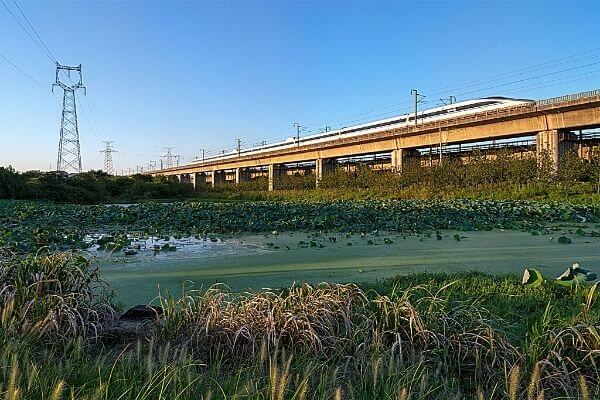As another year comes to a close, check out the latest in eminent domain news from around Texas in 2020.
Controversy Over Eminent Domain for High-Speed Rail Continues
Source: The Texan
The controversy over a high-speed rail project between Dallas and Houston continues as the parties submit briefs to the Supreme Court of Texas (SCOTX) about the project’s ability to use eminent domain.
James Miles, a landowner in Leon County, whose land would be bisected by the planned 240-mile rail project, has filed his brief on the merits of the case as requested by SCOTX.

The Trump administration awarded border wall contracts to build on land it doesn’t own in Texas
Source: The Texas Tribune
The government’s strategy of awarding contracts before acquiring titles to land in Texas has led to millions of dollars in costs for delays. Things could get even more complicated if President-elect Joe Biden stops border wall construction.
A Rush to Expand the Border Wall That Many Fear Is Here to Stay
Source: The New York Times
President-elect Joseph R. Biden Jr. has said he hopes to halt construction of the border wall, but the outgoing administration is rushing to complete as much wall as possible in its last weeks in power, dynamiting through some of the border’s most forbidding terrain.
United States Files Amicus Brief in Support of PennEast Pipeline Company’s Petition for a Writ of Certiorari in Closely-Watched Pipeline Eminent Domain Case
Source: JD Supra
On December 9, 2020, the Acting Solicitor General filed a brief on behalf of the United States, as amicus curiae, in support of PennEast Pipeline Company’s petition for a writ of certiorari seeking review of a decision of the United States Court of Appeals for the Third Circuit in a closely-watched eminent domain case that has significant ramifications for interstate natural gas pipelines. Left undisturbed, the Third Circuit’s ruling – as the Third Circuit itself acknowledged – risks disrupting how the natural gas industry has operated for decades in constructing interstate pipelines over State-owned land.






